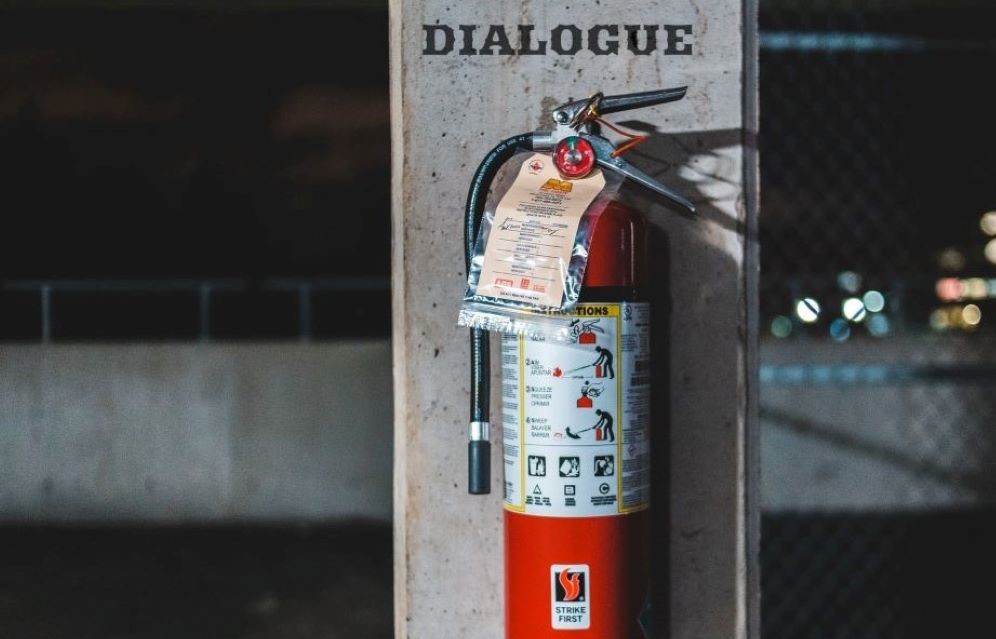The path for a good neighborhood between Greece and Albania is difficult. The main obstacle becomes the nationalist spirit for domestic consumption. This makes it very difficult for the positive contribution of the individuals and the personal experience tells a lot.

Panajot Barka
My public investment as a politician, a publicist and an academic speaks about a serious and long engagement in favor of neighborliness in the spirit of integration process, coexistence, cooperation and understanding. This investment is associated first of all with my identity. I consider it as a complimentary value the binomial of my Greek ethnicity and Albanian citizenship, that aims to create a model of being a decent member of the Albanian society manifesting my ethnic identity in a non-equivocal manner. Secondly, I have believed that the integration of the Albanian society in the euro-atlantic structures alongside with the recent Greek-Albanian contacts will release a positive energy for the emancipation of the relations in the region. With this concept I was an active part of the Greek minority’s attempt to not become an obstacle in the integration path of Albania.
But, did this investment have the proper impact? I believe that yes, even though it often becomes a spear against yourself.
With the creation of the Albanian state, among the two states there are two manifested levels of relations. The first level and the one with positive values is made by the ordinary people. The second level is the level of policymaking, which has a very complex nature, but in general is an inhibitor of the first level.
On the Greek side, the official state policies are committed for an emancipated, cooperative and understanding neighborliness. The nationalist circles there are not part of the official policies. They produce pressure, but they do not dictate. The intellectual class follows the state policies.
In Albania, the state, the governments, the intellectual class and the opinion makers are driven by the past. They are focused at some negative episodes of a century ago and see the relations with Greece through their prejudices, deformations, exaggerations and fetishism. While the intellectual class of that time, not only that it was conscious about, but it also manifested that Hellenism was the core for formation of the new Albanian culture and the ideology of the Albanian National Renaissance.
Nowadays, for the interests of the same third factors that provoked the clashes of that time, there is a front of policymaking and opinion makers that operate with the claim that the core and reality of Greek culture and civilization contains the Illyrian-Albanian element. At the same time, there is a fear that the civilising values of Hellenism, that are universal, have tendencies of assimilation in Albania.
The potential of this arsenal is aimed for the domestic “patriotic” market. It does not accept to deal with a different opinion. Third source references become one-sided, selective and deformed. Its power aims to challenge the Albanian healthy way of thinking. It does not aspire in creating true national values, but in cultivating a nationalism that is inspired by anti-Hellenism, which is even set up as a reference for ethnic self-determination.
This mentality gives them the paternalizing right for the nature of Greek minority in Albania, as well as for the extent and quality of respecting its human rights. For them a good Greek is the one that accepts only formally its ethnic identity. Of course, dealing with this front by the position of a Greek in Albania is a difficult mission. You get labeled as anti-Albanian and are perceived as dangerous. The same as you are labeled as “sold” in the Greek circles.
Anyway, personally I express my gratitude for the access in the public life in Albania, the access in electronic and print media, the climate free of prejudices and nationalist pressures, things that make a serious investment in the Albanian society for a European future and neighborliness. Of course, in this reality, there are also cases that use my presence to feed their sick nationalism.
However, the path is difficult but not hopeless.
Prof.Asoc Panajot Barka currently is head of the Department of Greek Language, Literature and Civilization at the University of Gjirokastra.



Leave A Comment